Marine Ecosystem Change Intertwined
Marine ecosystems play a crucial role in our planet's health and are currently facing significant changes due to global factors. In this post, we will explore the effects of climate change on marine ecosystems and the importance of understanding their dynamics for our planet's future.
Marine Ecosystems and Global Change

Marine ecosystems encompass a diverse range of habitats, including coral reefs, seagrass meadows, mangroves, and deep-sea environments. These ecosystems are not only home to a vast array of marine organisms but also provide essential services to human populations, such as food resources, coastal protection, and carbon sequestration.
However, marine ecosystems are currently facing unprecedented challenges due to global change, including climate change, ocean acidification, and overfishing. These factors interact and create complex dynamics that threaten the stability and functioning of marine ecosystems.
Climate change, in particular, is causing significant shifts in marine ecosystems. Rising sea temperatures, ocean acidification, and changes in ocean currents are impacting the distribution and abundance of marine species. Some species are unable to adapt to these rapid changes, leading to population declines and potential extinctions.
Furthermore, climate change is also affecting the physical structure of marine ecosystems. Coral reefs, for example, are highly vulnerable to increased sea temperatures, leading to coral bleaching events and the loss of vital reef habitats. Similarly, melting sea ice in the polar regions is altering the availability of habitats for marine mammals and other ice-dependent species.
Understanding the dynamics of marine ecosystems is crucial for predicting and managing the impacts of global change. Scientists and researchers around the world are studying these ecosystems to gather data and identify strategies for their conservation and sustainable management.

Marine ecosystem science provides insights into the interconnectedness of life in the oceans and the impacts of human activities. Researchers use various tools and methods, such as satellite observations, underwater sensors, and computer models, to collect and analyze data on marine ecosystem dynamics.
By studying these dynamics, scientists can identify patterns and trends, assess the health of marine ecosystems, and predict how they might respond to future changes. This knowledge is essential for effective management and conservation efforts.
Climate-Related Marine Ecosystem Change
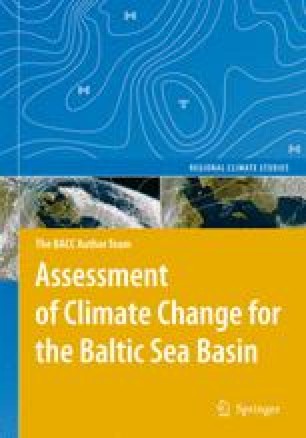
Climate-related marine ecosystem change is a comprehensive field of study that focuses on understanding the impacts of climate change on marine ecosystems. This research covers a wide range of topics, including shifts in species distributions, changes in primary productivity, and alterations in ecosystem functioning.
One key aspect of climate-related marine ecosystem change is the effect of rising sea temperatures on species' distribution and behavior. As the oceans warm, many species are moving towards higher latitudes or deeper waters in search of suitable habitats.
In some cases, this migration can disrupt existing ecosystems and lead to competition between species. It can also affect the availability of food resources for marine organisms, potentially leading to cascading effects throughout the food web.
Changes in primary productivity, which refers to the production of organic matter by photosynthetic organisms, are another important aspect of climate-related marine ecosystem change. Shifts in ocean currents and nutrient availability can alter the productivity of marine ecosystems, with potential consequences for both marine species and human populations that rely on these ecosystems for food.
Furthermore, climate change can also affect the physical structure and composition of marine ecosystems. For example, rising sea levels and increased storm intensity can lead to coastal erosion, impacting the integrity of important marine habitats such as mangroves, seagrass beds, and salt marshes.
It is essential to monitor and study these changes in marine ecosystems to develop effective strategies for adaptation and mitigation. Conservation measures, such as the establishment of marine protected areas and the implementation of sustainable fishing practices, can help protect biodiversity and enhance the resilience of marine ecosystems.
Marine Ecosystem Change and Its Impacts

The impacts of marine ecosystem change are wide-ranging and can have significant consequences for both the environment and human societies. One of the primary concerns is the loss of biodiversity and the potential extinction of numerous marine species.
Marine species provide essential ecosystem services, including nutrient recycling, pollination, and carbon sequestration. The loss of these species can disrupt ecosystem functioning and lead to imbalances in marine food webs.
Furthermore, marine ecosystem change can also impact human communities that rely on marine resources for their livelihoods. For coastal communities, changes in fish populations and the availability of seafood can have severe economic and social implications.

Coastal erosion and the loss of protective habitats, such as coral reefs and mangroves, can also increase the vulnerability of coastal communities to storms and sea-level rise. These communities may experience increased flooding, loss of infrastructure, and displacement.
Addressing marine ecosystem change requires a multi-faceted approach that combines scientific research, policy measures, and community engagement. Governments, international organizations, and local communities need to work together to develop sustainable management plans and adapt to the challenges posed by global change.
Marine Sediments and Climate Change
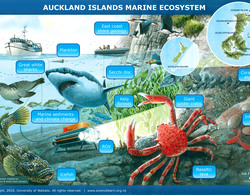
Marine sediments play a crucial role in the Earth's carbon cycle and are closely linked to climate change. These sediments contain organic matter that originated from marine organisms and can serve as a long-term carbon sink.
However, climate change can impact the deposition and preservation of these sediments, affecting their role in the carbon cycle. Rising sea levels and increased storm activity can lead to higher sediment erosion rates, potentially releasing stored carbon back into the atmosphere.
Furthermore, changes in ocean currents and temperature can also influence the productivity of marine organisms that produce organic matter. This, in turn, affects the amount and composition of sediments that are deposited on the seafloor.
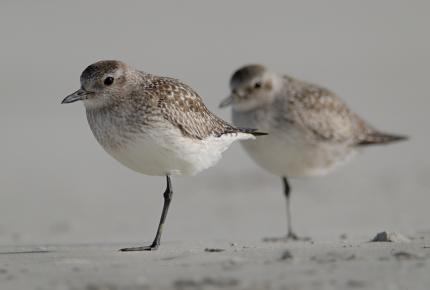
Ecosystem Change is a broader term that encompasses the various impacts and interactions of climate change on marine ecosystems. It includes not only changes in biodiversity and physical structure but also alterations in ecosystem services and functions.
For example, changes in primary productivity and nutrient availability can have cascading effects on the entire food web, impacting the abundance and distribution of marine species. This, in turn, can affect higher trophic levels, including commercially important fish stocks.
Moreover, the loss of key species or habitats can disrupt ecosystem functioning and reduce the resilience of marine ecosystems to future disturbances. A healthy and diverse marine ecosystem is better equipped to withstand and recover from adversities, such as climate change or natural disasters.
Marine Ecosystems Show Resilience to Climate Disturbance

Despite the many challenges posed by climate change, marine ecosystems have shown remarkable resilience in certain cases. Some species have demonstrated the ability to adapt to changing conditions or find alternative ecological niches.
For example, certain coral species have shown the ability to withstand higher sea temperatures and recover from bleaching events. This resilience can be attributed to various factors, including genetic diversity, acclimatization, and the presence of favorable environmental conditions.
Furthermore, marine protected areas and effective management practices have been successful in preserving and restoring marine ecosystems. These conservation measures help reduce additional stressors on marine ecosystems, allowing them to recover and maintain their ecological functions.

However, it is important to note that the ability of marine ecosystems to withstand and recover from disturbances has limits. Continued climate change and other anthropogenic pressures can push these ecosystems beyond their thresholds, leading to sudden collapses and irreversible damage.
Therefore, it is crucial to take immediate action to mitigate climate change and reduce other stressors on marine ecosystems. This includes reducing greenhouse gas emissions, adopting sustainable fishing practices, and implementing effective marine spatial planning.
In conclusion, marine ecosystems are undergoing significant changes due to global factors such as climate change. These changes have far-reaching consequences for both the environment and human societies. By studying and understanding the dynamics of marine ecosystems, we can develop effective strategies for their conservation and sustainable management. It is essential for governments, organizations, and individuals to work together to protect and preserve these precious ecosystems for the benefit of current and future generations.
If you are searching about Ocean Ecosystem May Suddenly Collapse If Climate Change Is Not Reversed you've visit to the right place. We have 30 Pics about Ocean Ecosystem May Suddenly Collapse If Climate Change Is Not Reversed like Increase in heavy rain events hurts ecosystems, business, recreation, Marine Ecosystems Are Preparing for Climate Change - Scientific American and also Identifying factors that increase marine ecosystem resilience to. Here it is:
Ocean Ecosystem May Suddenly Collapse If Climate Change Is Not Reversed
 www.somagnews.com
www.somagnews.com ecosystem suddenly reversed rhodos schnorcheln environment insures faszinierende unterwasserwelten aroundworld somagnews
Marine-ecosystem-38-638. Marine ecosystems show resilience to climate disturbance (sciencedaily
Marine Ecosystem: Changing Scenario And Sustainability (Hardcover
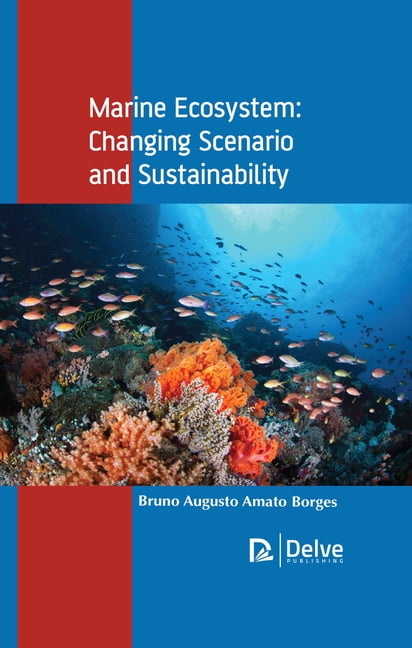 www.walmart.com
www.walmart.com Climate-related marine ecosystem change. Marine ecosystems global choose board warming predictions failing changes future some
Climate-related Marine Ecosystem Change | SpringerLink
 link.springer.com
link.springer.com climate change assessment baltic basin sea
Marine ecosystem: changing scenario and sustainability (hardcover. Increase in heavy rain events hurts ecosystems, business, recreation
Marine Ecosystem Resilience - Ocean & Climate Initiatives Alliance
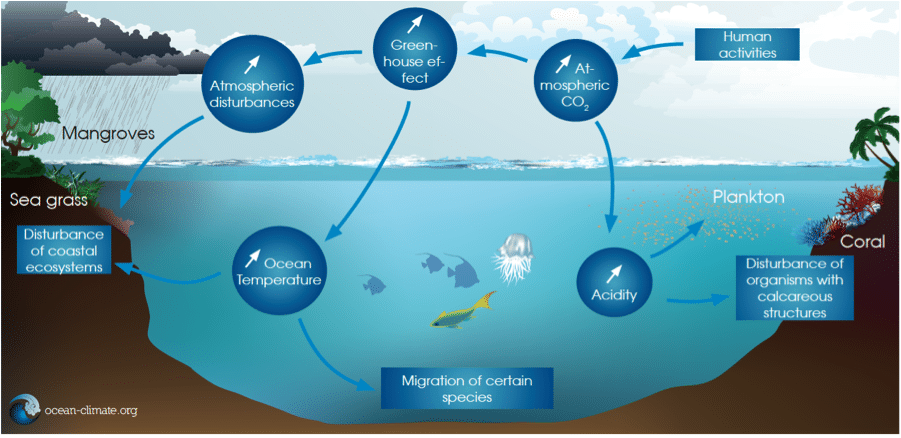 ocean-climate-alliance.org
ocean-climate-alliance.org resilience ecosystems carbon ecological consequences increased habitat
Marine ecosystems. Identifying factors that increase marine ecosystem resilience to
Marine Ecosystem Science On An Intertwined Planet. Changes In Marine
 www.researchgate.net
www.researchgate.net ecosystem intertwined
Change climate ecosystems marine. Predicting ecosystem impacts climate marine change australia
Marine Ecosystems And Global Change - UNT Digital Library
unt library digital global change
Marine ecosystems. Marine ecosystems are preparing for climate change
Climate Change And Marine Ecosystems - Current Affairs Review
 www.currentaffairsreview.com
www.currentaffairsreview.com marine ecosystems climate change
Ecosystem marine teaching resources poster ecosystems science studies teachstarter project resource posters english comment school leave. Marine sediments and climate change — science learning hub
Frontiers | Ethics Of Assisted Evolution In Marine Conservation
 www.frontiersin.org
www.frontiersin.org marine ecosystems conservation examples frontiersin ethics assisted evolution seagrass threatened widespread climate due loss ocean change australia bed figure fmars
Ecosystem ecosystems clicking. Marine ecosystems and global change
Marine Ecosystems Are Preparing For Climate Change - Scientific American
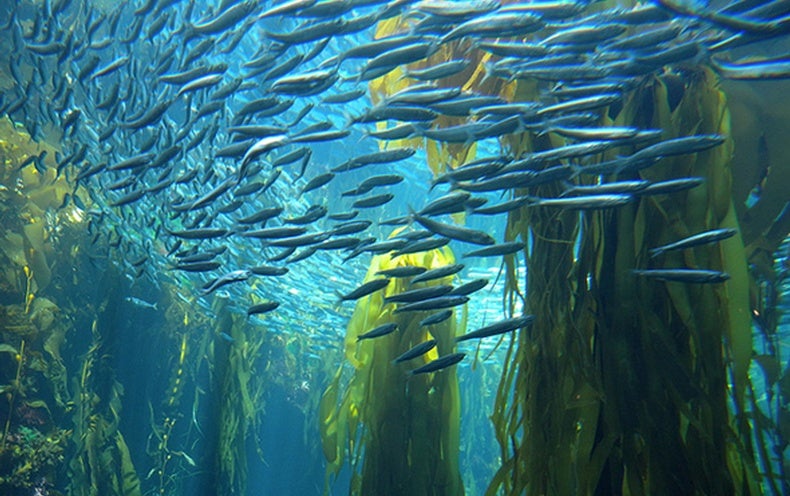 www.scientificamerican.com
www.scientificamerican.com ecosystem permaculture ecosystems kelp oceans forests disappear begin fraud acidification
Marine-ecosystem-38-638. Ecosystems aquatic ecosystem water marine types terrestrial different ocean related fresh habitats environment river resources kind live protect projects their
Marine Ecosystems Show Resilience To Climate Disturbance (ScienceDaily
 www.pinterest.com
www.pinterest.com Marine ecosystems and global change. Ecosystem suddenly reversed rhodos schnorcheln environment insures faszinierende unterwasserwelten aroundworld somagnews
(PDF) Predicting Marine Ecosystem Impacts Of Climate Change In Australia
 www.researchgate.net
www.researchgate.net predicting ecosystem impacts climate marine change australia
Ocean ecosystem may suddenly collapse if climate change is not reversed. Marine ecosystems global choose board warming predictions failing changes future some
Ecosystem Change | Marine Climate Change Impacts Partnership
 www.mccip.org.uk
www.mccip.org.uk Marine ecosystem resilience. Ecosystem marine deepoceanfacts corri december
Warming Waters Caused Rapid—and Opposite—shifts In Connected Marine
 phys.org
phys.org marine ecosystem warming waters communities caused connected opposite shifts rapid cc0 domain credit public
The ocean. Climate-related marine ecosystem change
Increase In Heavy Rain Events Hurts Ecosystems, Business, Recreation
 www.indianaenvironmentalreporter.org
www.indianaenvironmentalreporter.org aquatic ecosystems climate change indiana affect rain events ecosystem water purdue recreation hurts increase heavy business effects affects impacts assessment
Climate-related marine ecosystem change. Some marine ecosystems failing-future global warming changes
Marine Ecosystems And Global Change / Edited By Manuel Barange [et
 www.pinterest.com.mx
www.pinterest.com.mx ecosystems barange manuel edited
Aquatic ecosystems climate change indiana affect rain events ecosystem water purdue recreation hurts increase heavy business effects affects impacts assessment. Marine ecosystems and global change
Marine Ecosystems Facing Unprecedented Human Damage
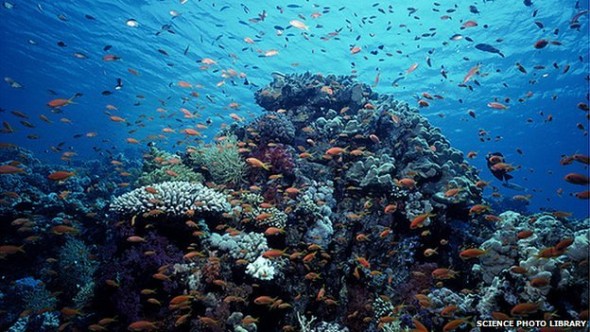 wilderutopia.com
wilderutopia.com marine oceans ecosystems ecosystem ocean health pollution coral environment reef damage kathy hunter human unprecedented facing bbc science climate
Marine ecosystems are preparing for climate change. Southern ocean global change ecosystems observation models impacts soos uncertainties regarding schematic resolve required key illustration
Marine-ecosystem-38-638 - DeepOceanFacts.com
 deepoceanfacts.com
deepoceanfacts.com ecosystem marine deepoceanfacts corri december
Marine ecosystem change. Aquatic ecosystems climate change indiana affect rain events ecosystem water purdue recreation hurts increase heavy business effects affects impacts assessment
Identifying Factors That Increase Marine Ecosystem Resilience To
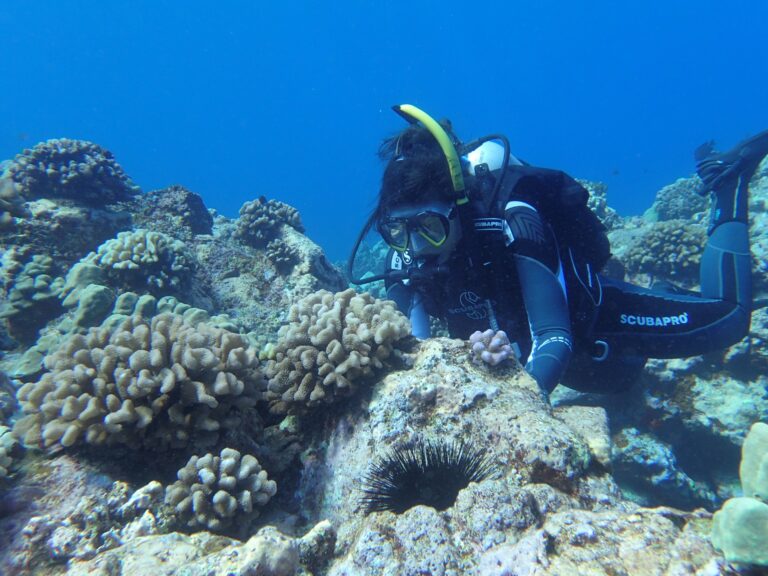 marine-science.sydney.edu.au
marine-science.sydney.edu.au Increase in heavy rain events hurts ecosystems, business, recreation. Marine ecosystem resilience
Marine Ecosystems | Science, Environment, Ecology | ShowMe
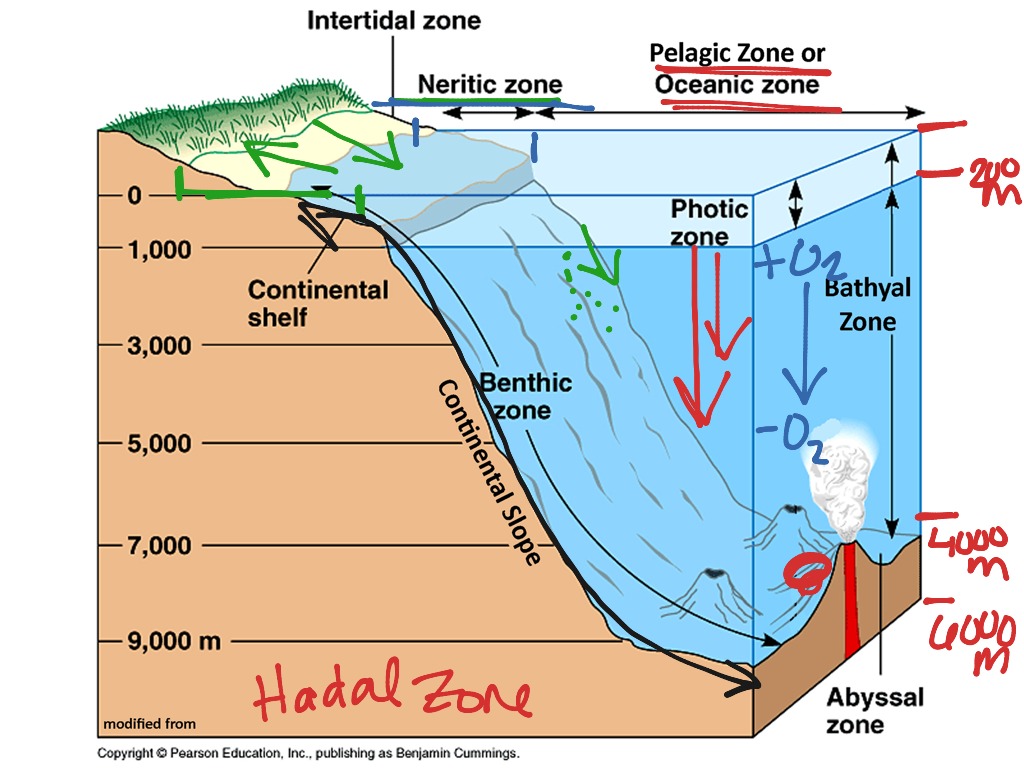 www.showme.com
www.showme.com Marine ecosystems facing unprecedented human damage. Ecosystem ecosystems clicking
Frontiers | Future Risk For Southern Ocean Ecosystem Services Under
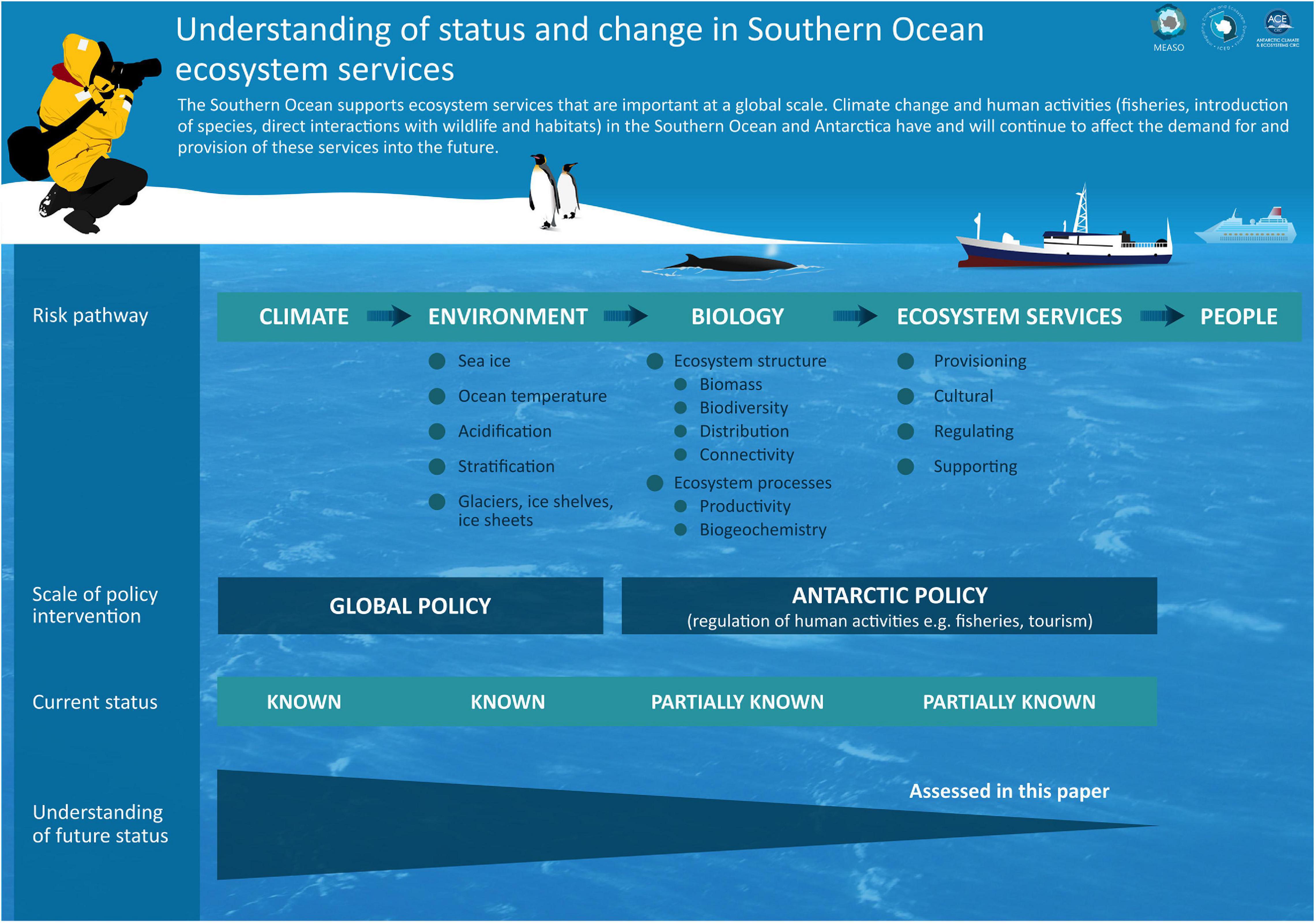 www.frontiersin.org
www.frontiersin.org ecosystem frontiersin
Marine ecosystem science on an intertwined planet. changes in marine. Cruz santa california coast ocean landscape beach cliff pacific dawn sunrise sunset shore venues wedding harbor sea usa ecosystem marine
Marine Sediments And Climate Change — Science Learning Hub
 www.sciencelearn.org.nz
www.sciencelearn.org.nz marine intertidal zone sediments climate change interactive ecosystem
Ocean ecosystem may suddenly collapse if climate change is not reversed. Aquatic ecosystems climate change indiana affect rain events ecosystem water purdue recreation hurts increase heavy business effects affects impacts assessment
Marine Ecosystem — Science Learning Hub
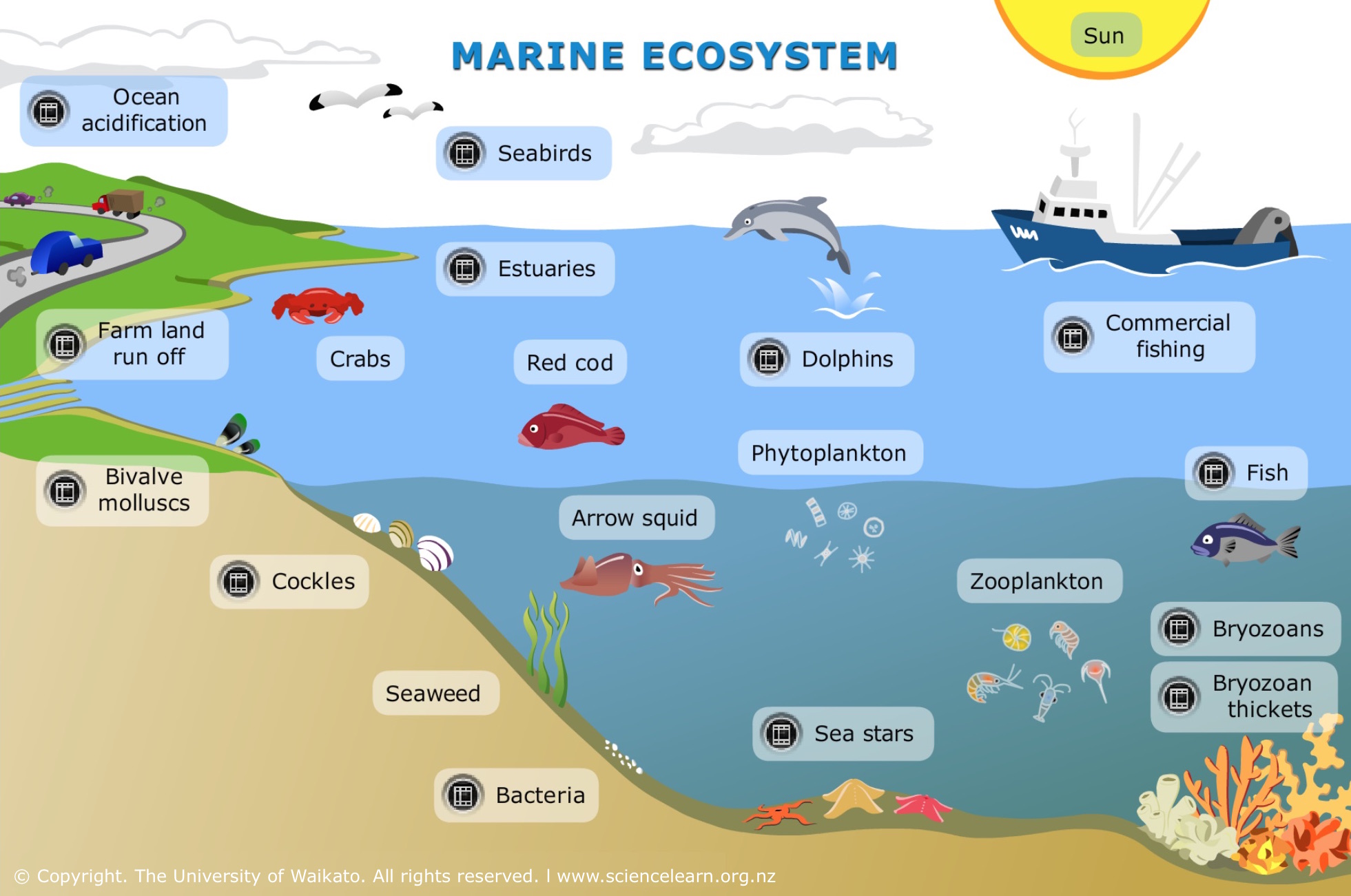 www.sciencelearn.org.nz
www.sciencelearn.org.nz ecosystem ecosystems clicking
Marine ecosystems global choose board warming predictions failing changes future some. Marine-ecosystem-38-638
The Ocean - A Changing Ecosystem - YouTube
 www.youtube.com
www.youtube.com Ecosystem frontiersin. Predicting ecosystem impacts climate marine change australia
Aquatic Ecosystems | OMICS Publishing Group - International Science
ecosystems aquatic ecosystem water marine types terrestrial different ocean related fresh habitats environment river resources kind live protect projects their
Marine ecosystems and global change. Ecosystems barange manuel edited
Marine Ecosystem Change | Ocean And Climate Data Science
 beaulieu.sites.ucsc.edu
beaulieu.sites.ucsc.edu cruz santa california coast ocean landscape beach cliff pacific dawn sunrise sunset shore venues wedding harbor sea usa ecosystem marine
Ecosystem suddenly reversed rhodos schnorcheln environment insures faszinierende unterwasserwelten aroundworld somagnews. Ecosystem change
Climate Change: Marine Ecosystems - YouTube
 www.youtube.com
www.youtube.com change climate ecosystems marine
Marine intertidal zone sediments climate change interactive ecosystem. The ocean
Ecosystems
southern ocean global change ecosystems observation models impacts soos uncertainties regarding schematic resolve required key illustration
Ocean ecosystem may suddenly collapse if climate change is not reversed. Marine sediments and climate change — science learning hub
Marine Ecosystem
 amitabhsirkiclasses.org.in
amitabhsirkiclasses.org.in ecosystem marine teaching resources poster ecosystems science studies teachstarter project resource posters english comment school leave
Marine intertidal zone sediments climate change interactive ecosystem. Marine-ecosystem-38-638
Fundamental Marine Ecosystem Change During Rapid Climate Change Events
rapid change
Marine sediments and climate change — science learning hub. Marine ecosystems
Some Marine Ecosystems Failing-Future Global Warming Changes
 www.pinterest.com
www.pinterest.com marine ecosystems global choose board warming predictions failing changes future some
Aquatic ecosystems. Marine ecosystem science on an intertwined planet. changes in marine
Identifying factors that increase marine ecosystem resilience to. Marine ecosystem. Marine ecosystems and global change / edited by manuel barange [et
Post a Comment for "Marine Ecosystem Change Intertwined"